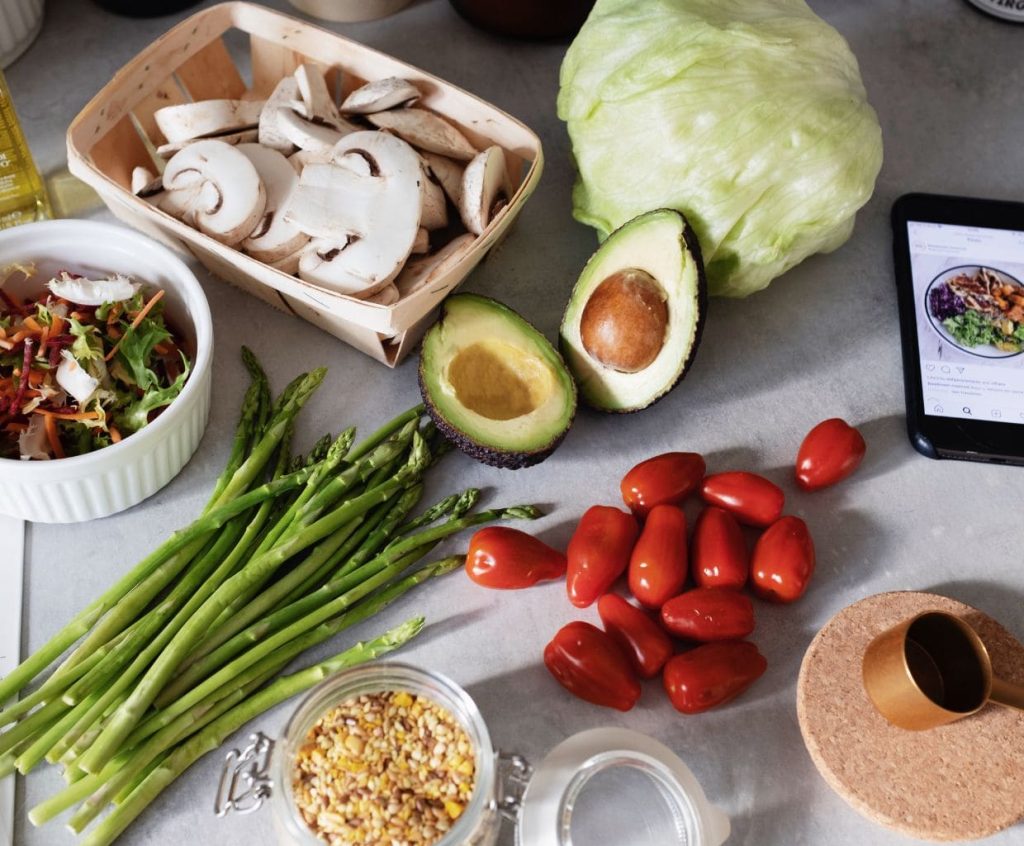Nourishing Your Body: What to Eat for a Healthy Pregnancy
Welcome to the exciting journey of pregnancy! As an expectant mother, it is essential to prioritize your health and nourish your body with the right foods. A healthy diet during pregnancy ensures the proper development of your baby and supports your well-being.
In this article, we will explore some essential nutrients and food groups that are crucial for a healthy pregnancy.
The Power of a Balanced Diet
A balanced diet is the cornerstone of a healthy pregnancy. Consuming various foods from different food groups is essential to provide your body with the necessary nutrients. Here are some essential nutrients that should be a part of your daily diet:
1. Folate and Folic Acid
Folate, also known as vitamin B9, is crucial for the early development of your baby’s neural tube. It helps prevent congenital disabilities in the brain and spinal cord. Good sources of folate include leafy green vegetables, citrus fruits, beans, and fortified cereals. Folic acid supplements are also recommended during pregnancy.
2. Iron
Iron is essential for producing hemoglobin, which carries oxygen to your baby and supports your increased blood volume. Include iron-rich foods such as lean red meat, poultry, fish, fortified cereals, beans, and leafy green vegetables. Pairing iron-rich foods with vitamin C-rich foods enhances iron absorption.
3. Calcium
Calcium is essential for your baby’s bone development and maintaining your bone health. Dairy products like milk, yogurt, and cheese are excellent sources of calcium. If you are lactose intolerant or follow a vegan diet, consider alternative sources such as fortified plant-based milk, tofu, and dark leafy greens.
4. Omega-3 Fatty Acids
Omega-3 fatty acids are crucial for developing your baby’s brain and eyes. Include fatty fish like salmon, sardines, and trout in your diet. If you are vegetarian or do not consume fish, choose plant-based sources like flaxseeds, chia seeds, and walnuts.
What to Avoid
While focusing on the right foods is essential, certain foods and substances should be avoided during pregnancy. These include:
-
- Raw or undercooked meats and seafood
-
- Unpasteurized dairy products
-
- High-mercury fish
-
- Alcohol
-
- Caffeine in excess
It is crucial to consult with your healthcare provider to get a comprehensive list of foods to avoid during pregnancy.
Are there any specific foods or food groups that pregnant women should avoid to maintain a healthy pregnancy?
There are certain foods and food groups that pregnant women should avoid to maintain a healthy pregnancy. Here are some examples:
1. Raw or undercooked meat, poultry, seafood, and eggs may contain harmful bacteria such as salmonella and listeria.
2. Unpasteurized dairy products: These can carry bacteria like listeria, so it’s essential to consume only pasteurized milk, cheese, and yogurt.
3. Certain types of fish: Pregnant women should limit their consumption of mercury-rich fish, such as shark, swordfish, king mackerel, and tilefish. Instead, they can opt for low-mercury fish like salmon, shrimp, catfish, and canned light tuna.
4. Raw or undercooked sprouts can harbor bacteria like salmonella and E. coli.
5. Deli meats and hot dogs: These should be heated until steaming hot to avoid the risk of listeria.
6. Caffeine: High caffeine intake has been associated with an increased risk of miscarriage and low birth weight. It is recommended to limit caffeine intake during pregnancy.
7. Alcohol: It is best to avoid alcohol entirely during pregnancy as it can cause fetal alcohol spectrum disorders.
Pregnant women need to consult with their healthcare provider to get personalized advice on their diet and any specific food restrictions.
How can a balanced diet during pregnancy help nourish both the mother and the growing baby?
A balanced diet during pregnancy is crucial for providing nutrients for the mother and the growing baby. Here are some ways it helps in nourishing both:
1. Adequate nutrient supply: A balanced diet ensures that the mother receives all the essential nutrients like proteins, carbohydrates, fats, vitamins, and minerals required for her health and the baby’s development. This helps in promoting healthy growth and development of the fetus.
2. Healthy weight gain: A well-balanced diet helps the mother maintain a healthy weight gain during pregnancy. This is important as excessive weight gain can lead to complications like gestational diabetes and hypertension, while inadequate weight gain can result in low birth weight or preterm birth.
3. Fetal brain development: A balanced diet rich in omega-3 fatty acids, folic acid, and iron supports the baby’s brain and nervous system development. These nutrients are vital for the formation of neural pathways and cognitive functions.
4. Strong bones and teeth: A balanced diet with calcium and vitamin D helps develop the baby’s bones and teeth. It also aids in preventing conditions like osteoporosis in the mother.
5. Reduced risk of congenital disabilities: Consuming various fruits, vegetables, whole grains, and lean proteins provides essential vitamins and minerals that help reduce the risk of congenital disabilities, such as neural tube defects and cleft palate.
6. Energy and immunity: A balanced diet provides the necessary energy to the mother during pregnancy. It also supports a healthy immune system, reducing the risk of infections and illnesses for both the mother and the baby.
7. Maternal health: A well-nourished mother is likelier to have a healthy pregnancy and delivery. A balanced diet helps prevent complications like anemia, gestational diabetes, and preeclampsia, promoting maternal health.
Pregnant women must consult with healthcare professionals or registered dietitians to ensure they receive the right balance of nutrients for their specific needs during pregnancy.
What to Eat for a Healthy Pregnancy – Conclusion
Remember, a healthy diet during pregnancy is not about restricting yourself but nourishing your body with the proper nutrients. Prioritize a balanced and varied diet that includes essential nutrients like folate, iron, calcium, and omega-3 fatty acids.
By making informed food choices, you give your baby the best start in life and ensure your well-being throughout this beautiful journey.


